You’ve just got your braces on, now what happens?
By Dr Daniel De Angelis – Adelaide’s Leading Specialist Orthodontist
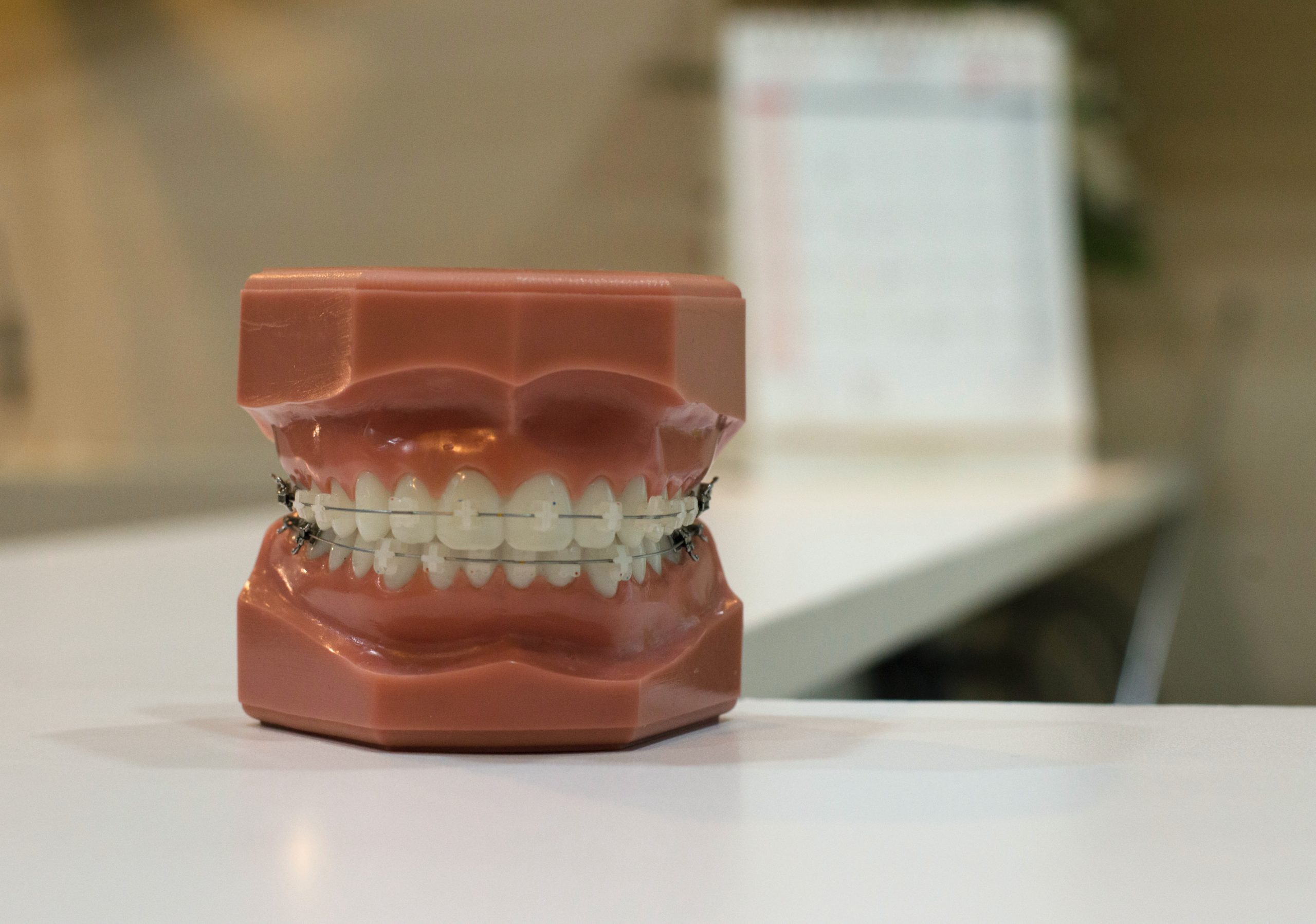
You’ve just had your braces on, so what happens now? Here are my top tips for TOC braces patients to make sure we get the best out of their treatment.
Be kind to yourself
Once you have your braces put on you might feel a little bit of discomfort. This is completely normal as your mouth adjusts to the new pressure on your teeth. You might also feel your new braces rubbing against your inner cheek. It will take a little getting used to so be kind to yourself! Any discomfort should disappear in a few days.
TIPS
- If the tenderness continues, try dissolving one teaspoon of salt in lukewarm water. Swish and gargle this solution in your mouth for a few minutes – and remember not to swallow!
- Use painkillers and orthodontic wax to relieve any discomfort until you get used to your new braces
- Eat soft foods if your mouth feels tender in the those first few days.
Elastics are your best friend
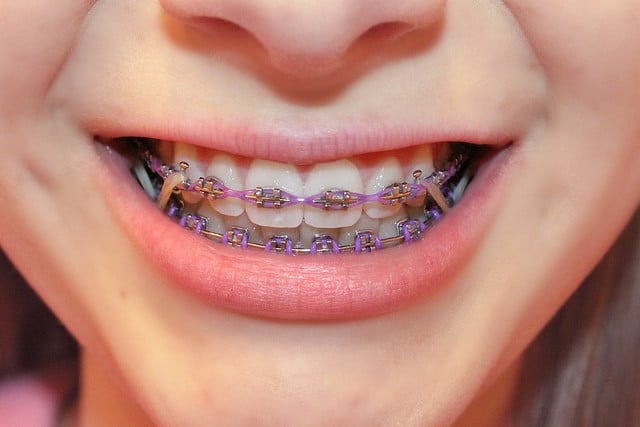
Elastics are key to your orthodontic treatment. They work in conjunction with your braces to apply additional pressure in a specific direction to move individual teeth or groups of teeth and are commonly used to improve your bite. If you don’t wear your elastics it will delay your treatment (which we know our patients and parents don’t want).
Learning how to remove and replace elastics is an important part of the process for most patients undergoing braces (or Invisalign treatment) so please let my team know if you need help with your elastic wear.
TIPS
- Try and carry elastics with you so you can replace them if one breaks or is lost
- Try not to overstretch the elastic or it will lose it’s strength which makes it less effective
- Grab elastics from my team if you run out as we provide these to you when you need them as part of your treatment
Troubleshooting issues at home
We hope you don’t encounter any issues with your braces but if you do, give us a call and we will help you over the phone or make an appointment for you to come into the clinic. We also have some top tips for braces patients to try at home (which helps if you experience any problems out of business hours).
A loose wire
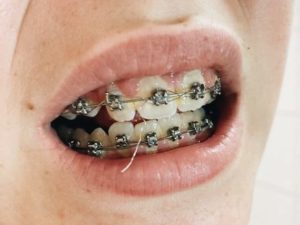
With a loose ‘figure 8’ wire like Samuel’s that is hanging over, it can be snipped back with wire snippers or scissors or it can be tucked under or wrapped around inside the mouth.
A wire is irritating my mouth
Cover it with wax, or tuck it under the arch wire with a blunt object, like a pencil eraser or the end of a match stick.
Call us as soon as possible to make an appointment if any of the following occurs:
- A loose band or bracket (leave it in place until we can see you to reattach the loose appliance)
- A broken arch wire or one that is irritating the gum or cheek tissue
- Anything is dislodged or displaced
Come in for regular follow up appointments
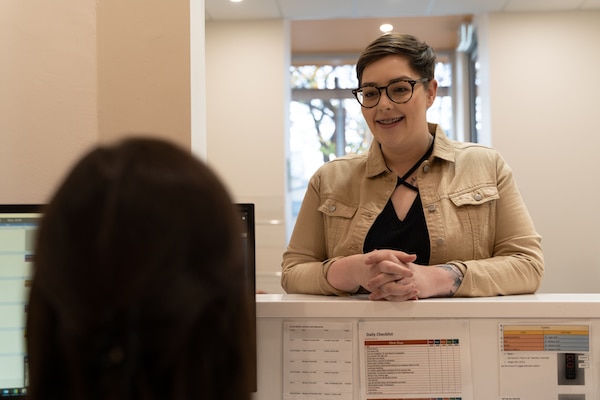
I like to see you in the clinic approximately every 6 weeks for a check up to make sure your treatment is progressing well and according to your treatment plan. Even if you are using Dental Monitoring we will still see you for regular appointments. If you’re unsure when you are due to come in next you can drop us a message in Dental Monitoring or give our team a call on 133 862.
TIPS
- At your appointment ask us anything that you’re unsure of eg how to use your elastics or how to scan into Dental Monitoring
- Send us a message anytime via your Dental Monitoring app any time you have a question or are unsure about any aspect of your treatment
- Keep scanning into Dental Monitoring so we can keep a close eye on your progress
Watch what you eat
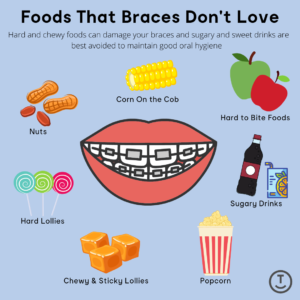
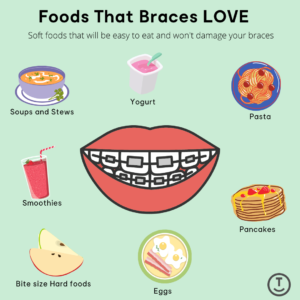
There are some foods that should be avoided while you have braces. Anything hard, chewy and crunchy are best to be avoided as they can damage your braces. I promise you’ll be able to eat these foods once you finish treatment!
TIPS
- Eating soft foods will be your friend while in braces treatment – soups, stews, eggs, pasta, apples cut up into bite sized pieces, yoghurt and smoothies
- Avoid hard, chewy and crunchy foods such as hard lollies, popcorn, liquorice, bagels/crunchy bread, carrots, apples and corn on the cob (to name a few!)
- Drink plenty of water and avoid sugary drinks if possible
Brush and floss like a pro
Braces make it easier for pieces of food and plaque to get trapped in the brackets of your braces so brushing and flossing is super important. If you can, try brushing and flossing for 5 minutes at least twice a day (if not more).
When brushing your teeth with braces, hold your brush at a 45-degree angle, and gently brush your entire gum line. Then turn your toothbrush at a downward angle on the top of your brackets, and then at an upward angle to clean the bottom of your brackets.
Flossing is also essential. We know it can be a challenge with braces, but it’s not impossible.
TIPS
- Use a toothbrush with a soft head to reach those tricky areas.
- If flossing tape is too tricky, use floss threaders or interdental brushes.
- Brushing and flossing three times a day would be ideal if you can manage it
Guard your mouth
Protecting your teeth and your braces while you play sport is really important. We make custom mouth guards for TOC patients at really affordable prices.
TIPS
- You can wear a mouthguard over braces
- A custom mouthguard made by our own lab is $75
- A mouldable mouthguard is $60
Hang in there!
It will all be worth it, promise! Our patient, Bec, shares her experience as a TOC braces patient in this video and HERE. Check out more braces info on our blog and our FAQs where we have a heap of info!


